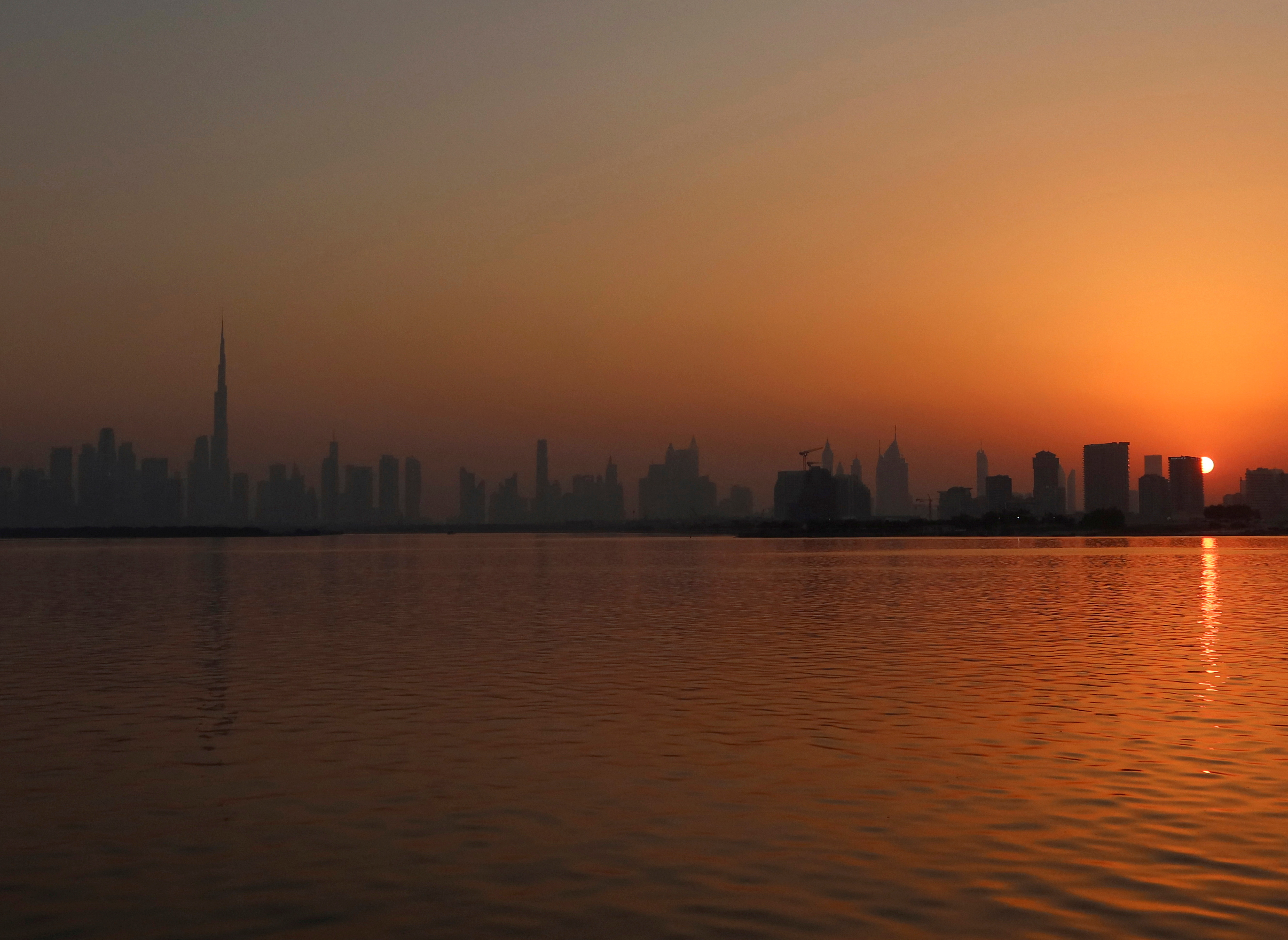
Government efforts aimed at boosting non-oil sectors like manufacturing, tourism, and technology have borne fruit, with non-oil GDP rising by an impressive 4.5%. The push for diversification is central to the UAE’s long-term economic vision, and the strong performance of these sectors highlights the success of ongoing reforms and policies aimed at building a resilient, future-proof economy.
This growth aligns with the government’s wider strategic plans, including the "We the UAE 2031" vision, which seeks to double the economy over the next decade. The non-oil sector, buoyed by favorable market conditions and increased private sector participation, is expected to continue leading growth for the remainder of the year.
The oil sector, traditionally a major contributor to the UAE’s GDP, faced challenges as global demand fluctuated. Yet, the economy’s diversified base ensured stability, mitigating the impact of the oil sector’s slower pace. Analysts observe that the UAE’s increasing investment in infrastructure, green energy, and technology-driven initiatives is transforming its economic landscape, pushing the country towards sustained long-term growth.
The strong Q1 performance is not just a reflection of non-oil sector growth but also a sign of increased investor confidence in the UAE. The government has introduced several investor-friendly initiatives, including regulatory reforms and economic free zones, which have significantly bolstered foreign direct investment (FDI). FDI into the UAE surged, reflecting the country’s growing appeal as a global business hub.
Manufacturing has emerged as one of the key drivers of non-oil growth, with the sector expanding significantly in line with the UAE’s industrial strategy. Known as Operation 300bn, this ambitious program aims to position the country as a global industrial leader by ramping up manufacturing capabilities, especially in high-tech and knowledge-intensive industries. The first quarter saw increased output in key areas such as aerospace, defense, and pharmaceuticals, all of which contributed to the overall economic expansion.
Tourism also played a pivotal role, as international visitors returned in large numbers, encouraged by eased travel restrictions and high-profile events such as Expo 2020 Dubai. The tourism sector witnessed strong growth, benefiting from both business and leisure travelers. Hotels, airlines, and hospitality services reported substantial gains, contributing to a broader economic recovery following pandemic-induced setbacks.
Moreover, the UAE’s status as a leading financial hub helped strengthen its non-oil economy. The country’s financial services sector continues to attract international banks, wealth management firms, and fintech companies, with Abu Dhabi and Dubai solidifying their positions as key global players in finance and innovation. A vibrant financial ecosystem supported the broader economic expansion, with fintech investments gaining momentum and establishing the UAE as a regional leader in digital transformation.
The real estate market, too, showed strong signs of recovery, supported by demand from both foreign and domestic buyers. Luxury properties and commercial real estate experienced a surge in activity, driven by a combination of attractive interest rates, government incentives, and a post-pandemic desire for high-quality living and office spaces. Analysts believe that this momentum in real estate could continue, provided market conditions remain stable.
On the technological front, the UAE’s drive toward becoming a global innovation hub also took center stage during the first quarter. Investments in artificial intelligence (AI), blockchain, and digital infrastructure are part of the nation’s broader strategy to transition into a knowledge-based economy. Public and private sectors alike have embraced digital transformation, leading to increased productivity and efficiency across industries. Government initiatives aimed at fostering start-ups and tech ventures are also set to expand in the coming quarters, further fueling non-oil sector growth.
While the economy as a whole showed resilience, the oil sector’s performance was more subdued. Global oil prices, affected by economic uncertainty and geopolitical factors, had a dampening effect on the UAE’s oil revenues. Yet, thanks to prudent fiscal policies and economic diversification, the country has managed to avoid overreliance on oil exports. The oil sector is expected to stabilize later in the year, as energy markets adjust to shifting demand patterns and supply constraints. Nevertheless, the country's clear shift towards renewable energy sources, including solar and hydrogen projects, marks a key strategic departure from oil dependency.
Fiscal prudence remains a hallmark of the UAE’s economic strategy. The government has maintained disciplined public spending while ensuring that infrastructure and social projects continue to receive necessary funding. Initiatives like the Abu Dhabi Economic Vision 2030 and Dubai Plan 2021 have focused on modernizing infrastructure, boosting education and healthcare, and promoting sustainable urban development. The leadership's commitment to long-term growth is evident in its willingness to support key sectors, even while navigating global economic challenges.
Topics
UAE
